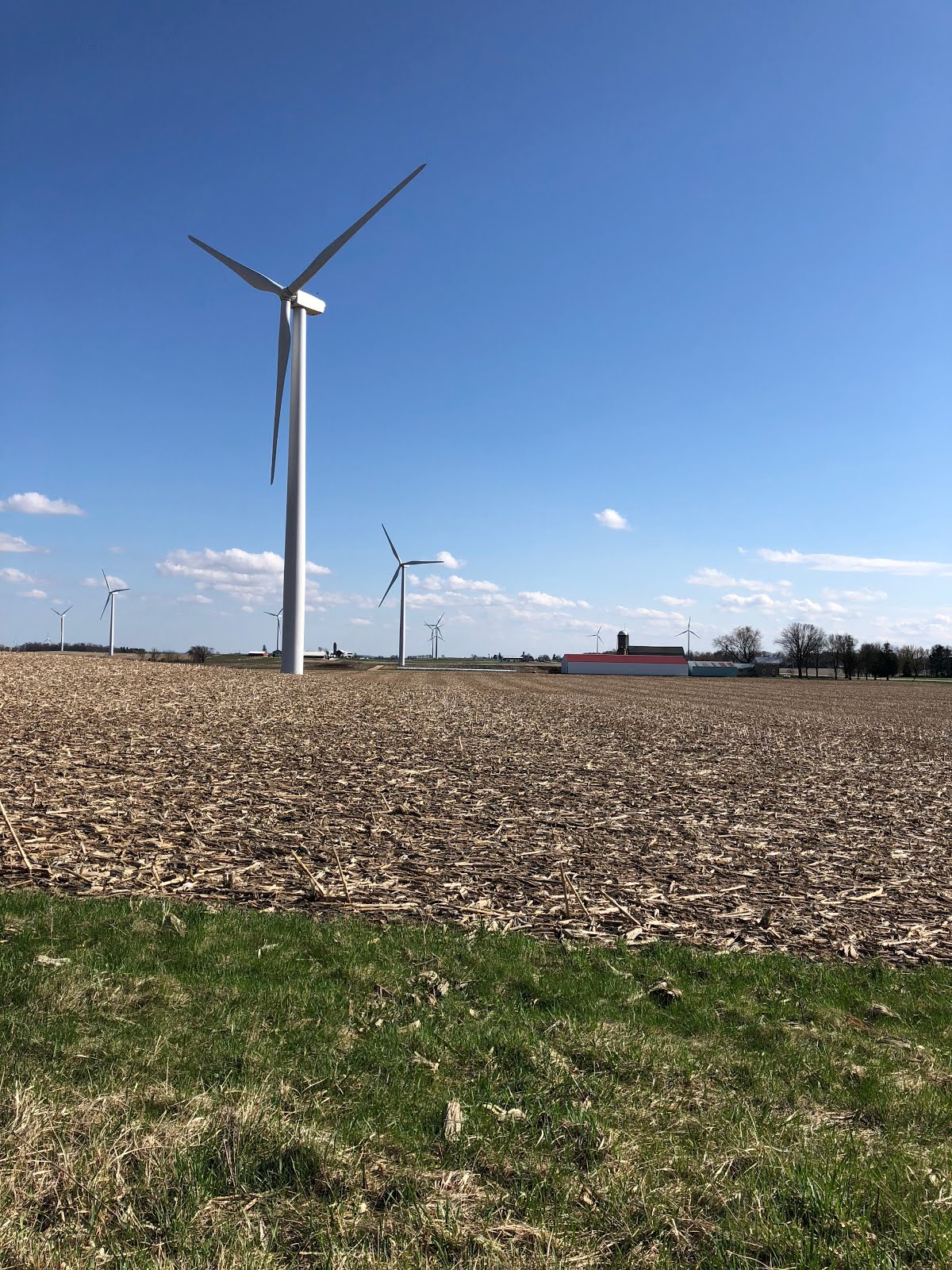Judge's Ruling For Transit: Broad Implications, Long Overdue
Excellent analysis in national media of the equity-for-transit Zoo Interchange ruling:
It is just an interim ruling, but it is potentially an important one: In a suit brought by inner-city, minority plaintiffs, the U.S. District Court in Milwaukee has indicated that the Federal Highway Administration and Wisconsin Department of Transportation cannot enlarge a major urban freeway connection without further study of the project's impacts on transit-dependent populations and on regional suburban sprawl.
For now, the case is headed to mediation; but the court's ruling on legal issues in the case, as articulated in an opinion signed by federal judge Lynn Adelman, is potentially significant to other highway-expansion controversies with similar circumstances.
And I offer an elaboration on this point:
The court is essentially admonishing the agencies for their failure to examine fully the impacts of the road-building contemplated in the regional plan back when the plan was written. Since the issue was not sufficiently addressed then, it must be addressed now.The agencies were repeatedly advised to include transit in highway-heavy transportation regional plan and were repeatedly rebuffed.
Documents and arguments were posted over the years, for example, here.
Or here.
And here, a year ago:
SEWRPC should...say at its re-certification hearing Tuesday evening at State Fair Park's Thompson Center that from its own workforce experience, transit connections are getting worse in the region.
It should get up and say what is common knowledge in the SEWRPC seven-county region:
* Transit is a dwindling priority in the region, though spending on new highways as recommended by SEWRPC is booming.
* SEWRPC and its federal transportation funding partners, despite vocal citizen testimony about harmful transit inequities across the region at the 2004 and 2008 quadrennial federal reviews, are not advocating effectively for lower-income Milwaukee County residents looking for good jobs and fair housing in SEWRPC's region.
The current SEWRPC affirmative action report continues to say that the agency's transit plansrecommend better regional transit, but transit plans have been ignored in SEWRPC's own Waukesha County backyard, by the admission of the current Waukesha County comprehensive plan to which Waukesha water planners steered Milwaukee for a report on regional transit.
* Transit has been outright attacked in the region, led by State Rep. Robin Vos a legislator from Racine County, a SEWRPC County.
Wisconsin legislators, with the full support of the Waukesha County delegations, used the 2011-2013 state budget to wipe out cooperative, cross-jurisdictional Regional Transit Authorities, which affirmed the anti-transit, anti-Milwaukee position taken by Waukesha's County Board when it refused to join such a body that could have more closely aligned services with Milwaukee.
As the Freeman, Waukesha's largest newspaper had already argued:
It doesn’t make sense and is not in the interest of Waukesha County residents to establish a regional transit authority that has the power to raise your taxes and will have aims that mostly benefit Milwaukee.
It doesn’t make sense and is not in the interest of Waukesha County residents to establish a regional transit authority that has the power to raise your taxes and will have aims that mostly benefit Milwaukee.
• A lack of a dedicated regional institutional structure for a high level inter-county transit system. The County and Region has a mass transit plan in place, but there is a lack of a comprehensive regional mass transit institutional structure and a dedicated source to fund it.
First of all, while we are fine with regional partnerships and cooperation, we remain firmly against Waukesha County being part of a regional transit authority.









1 comment:
"These problems are ubiquitous across the country, though planning law in California is at least moving in the right direction when it comes to making transportation and land use planning both coordinated and meaningful. Portland has an elected regional government responsible for land use and transportation. But Milwaukee’s situation is far more common: one agency does this, another does that, and they all plead helplessness when it comes to the big picture.
Kudos to the court for stepping in and ensuring that someone follow the law and common-sense practice in cases like this. If not settled in mediation, the case is far from over, since there remains an evidentiary hearing on the motion for preliminary injunction and then at least two more rulings by the district court, after which there is always the possibility of appeal. Meanwhile, court-supervised mediation is scheduled to begin on June 13. Read the opinion here."
Post a Comment